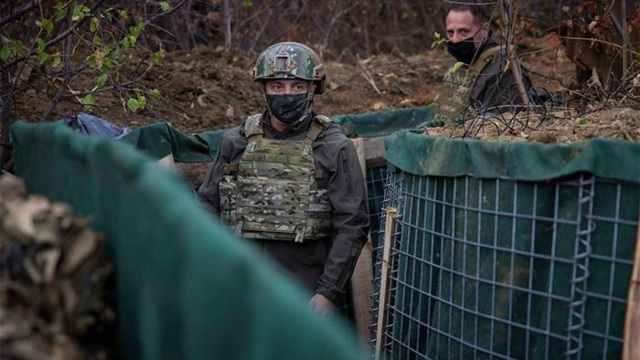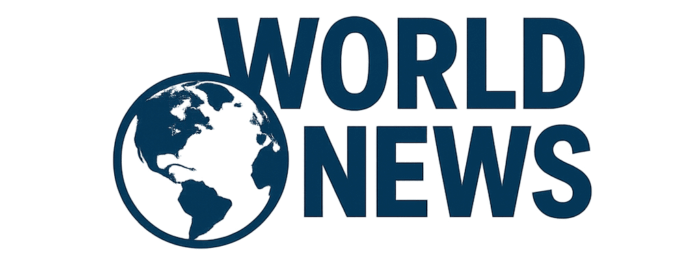Repeated ceasefire violations have raised concerns that the “hot spot” conflict in eastern Ukraine will flare up again, amid a political deadlock.
The conflict, which broke out in 2014, has claimed the lives of more than 13,000 people. Russia and Ukraine have repeatedly blamed each other for escalating tensions and are ready to take countermeasures.

Criticizing Russia for “deliberately” escalating tensions, Ukrainian President Volodymyr Zelenski has just approved a series of sanctions against Russian agencies, organizations and 77 other companies, including the Office of the Federal Agency for the Commonwealth of Independent States, Russian compatriots abroad and international humanitarian cooperation:
“Regarding the situation in eastern Ukraine, a complete ceasefire is a prerequisite for continuing difficult negotiations. I emphasize once again that our army can resist anyone’s attack, as well as our position on resolving the conflict by diplomatic means,” Zelenski said.
In a first reaction, Russian State Duma Speaker Vyacheslav Volodin said that this was an unprecedented case and an “example of disregard for international law”. Earlier, responding to Ukraine’s plans to conduct joint military exercises with the North Atlantic Treaty Organization (NATO) in the coming months, Kremlin spokesman Dmitry Peskov affirmed Russia’s stance against any move that could escalate tensions:
“Any deployment of NATO troops to Ukraine will increase tensions near the border with Russia. And this forces Moscow to take additional measures to ensure national security.”
During the 7-year conflict in eastern Ukraine, also known as the Donbass region, no less than 30 ceasefires have been agreed upon and repeatedly broken. The most recent ceasefire was established in July 2020 and is also the longest-lasting ceasefire. However, since January 2021, violations have increased dangerously.
In just three months, 19 Ukrainian soldiers have been killed, compared to 49 in all of 2020. In a recent conversation with French President Emmanuel Macron and German Chancellor Angela Merkel, Russian President Vladimir Putin also expressed concern about developments in Donbass, accusing Ukraine of provoking militias in the Donbass region and failing to comply with signed agreements related to the region.
In a move showing the West’s growing involvement, senior US security and defense officials have repeatedly spoken by phone with Ukraine in recent days, affirming Washington’s support for Ukraine’s sovereignty and territorial integrity as well as Kiev’s “aspiration” to join the Euro-Atlantic alliance. Meanwhile, Germany and France called on all parties to fully implement the Minsk peace agreement and negotiate on this issue.
Representatives of the Trilateral Contact Group (including Russia, Ukraine and the Organization for Security and Cooperation in Europe – OSCE) are expected to meet on April 14. According to Leonid Kravchuk, head of the Ukrainian delegation, the country plans to propose a ceasefire during the Thanksgiving holiday in Ukraine, starting on May 2, at the talks.
By Thu Hoai
VOV

